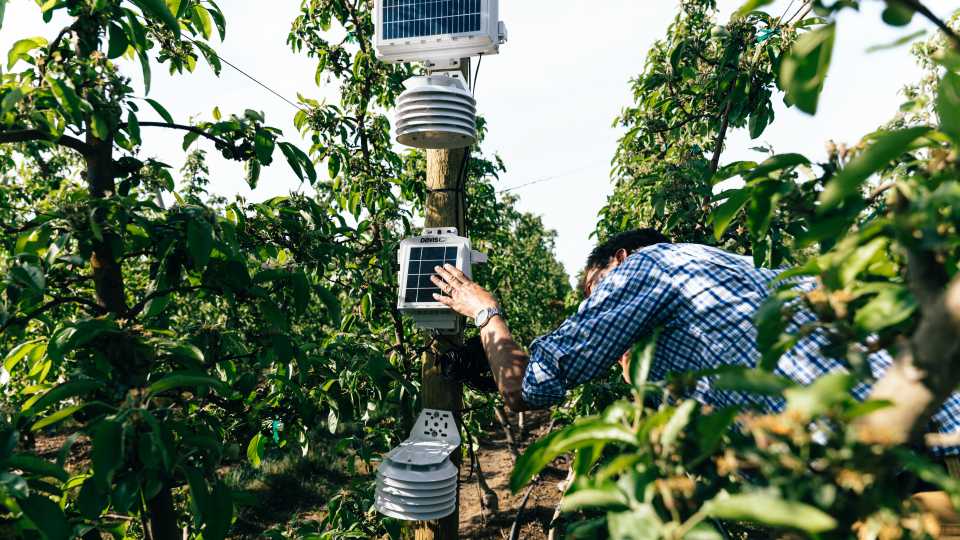The Way Farm Bill 2024 Is Being Built During an Election Year
The House and Senate Agriculture Committees are intensifying their efforts to shape the Farm Bill, which expires on Sept.30, 2024. Because it is an election year for both Congress and the Presidency, it is unlikely that a new Farm Bill will be completed by the deadline. As is tradition in any election year, it is a hurry-up-and-wait mindset in Congress, but agriculture committees are making strides. As of June 2024, both House and Senate committees have released plans to protect the industry.
House Agriculture Committee Initiates Process
On May 23, 2024, the House Agriculture Committee held a hearing to mark up the 2024 House Farm Bill. House Agriculture Committee Chairman Glenn “GT” Thompson (R-PA-15) introduced legislation and kicked off the process for a 2024 Farm Bill. After 13.5 hours of statements and debate, the bill passed out of the committee with a bipartisan vote of 33-21.
Chairman Thompson’s bill seeks to allocate funds for various programs while maintaining a focus on nutrition and conservation. With over 150 bills informing its content, the bill proposes significant investments, including $50 million for promoting fiber products and $20 million annually for enhancing specialty crop production efficiency through automation.
“We are grateful to Chairman Thompson and Committee staff for including provisions to increase funding for the Specialty Crop Research Initiative, plant pest and disease management, and the Specialty Crop Block Grant Program that allow the horticulture industry and growers to thrive. We look forward to working with the Agriculture Committee to move the Farm Bill forward,” says Ken Fisher, AmericanHort President and CEO.
Notably, the bill aims to keep food benefit costs neutral, aligning with the Chairman’s commitment to fortifying the farm safety net without expanding nutrition programs indiscriminately. However, clashes between House and Senate frameworks have emerged, particularly in reevaluating Supplemental Nutrition Assistance Program (SNAP) benefits and allocating funds for conservation, which reflects the divergent priorities within the 118th Congress.
In response to the evolving agricultural landscape and political dynamics, the House’s 2024 Farm Bill seeks to address the diverse needs of constituents while navigating narrow margins in Congress. By proposing innovative approaches like redirecting funds from the Inflation Reduction Act towards initiatives like precision agriculture, the bill aims to adapt to emerging challenges like climate change and technological advancement.
Despite shared objectives with the Senate, such as allowing SNAP access for individuals with drug-related convictions, discrepancies exist, such as differing proposals on commodity reference price increases. As negotiations unfold, these differing perspectives highlight the complexities surrounding agricultural policy and the imperative of bipartisan cooperation to enact meaningful legislation.
House Agriculture Chairman Thompson aims to have his bipartisan bill on the House Floor in September.
For more, continue reading at GreenhouseGrower.com.










